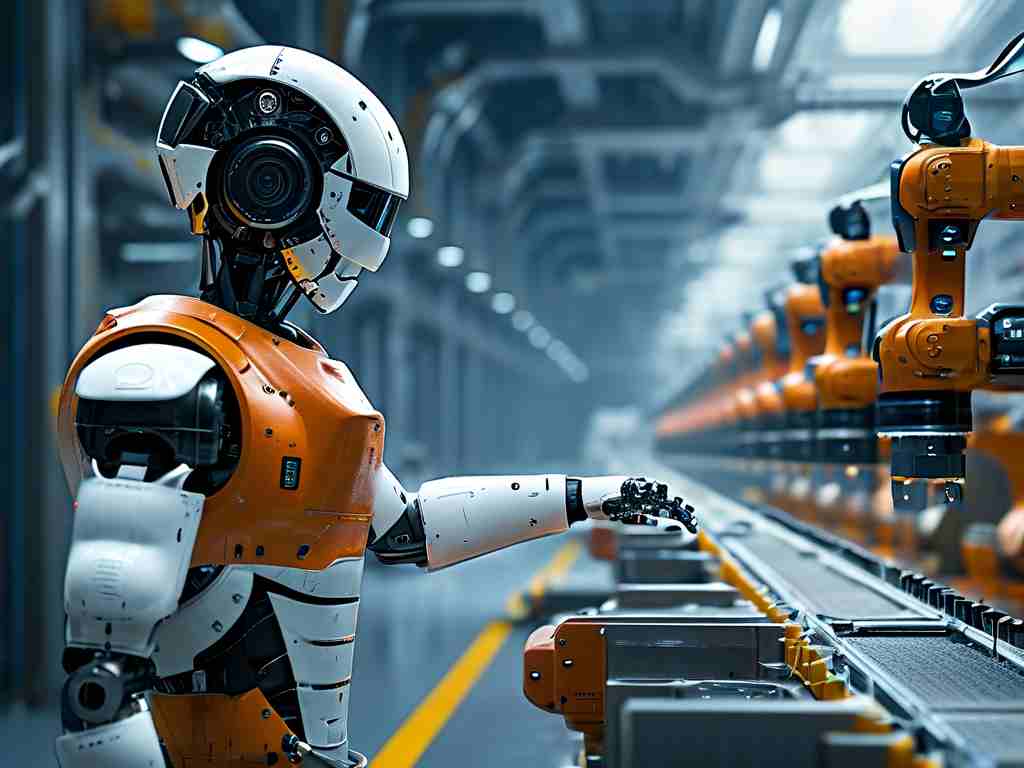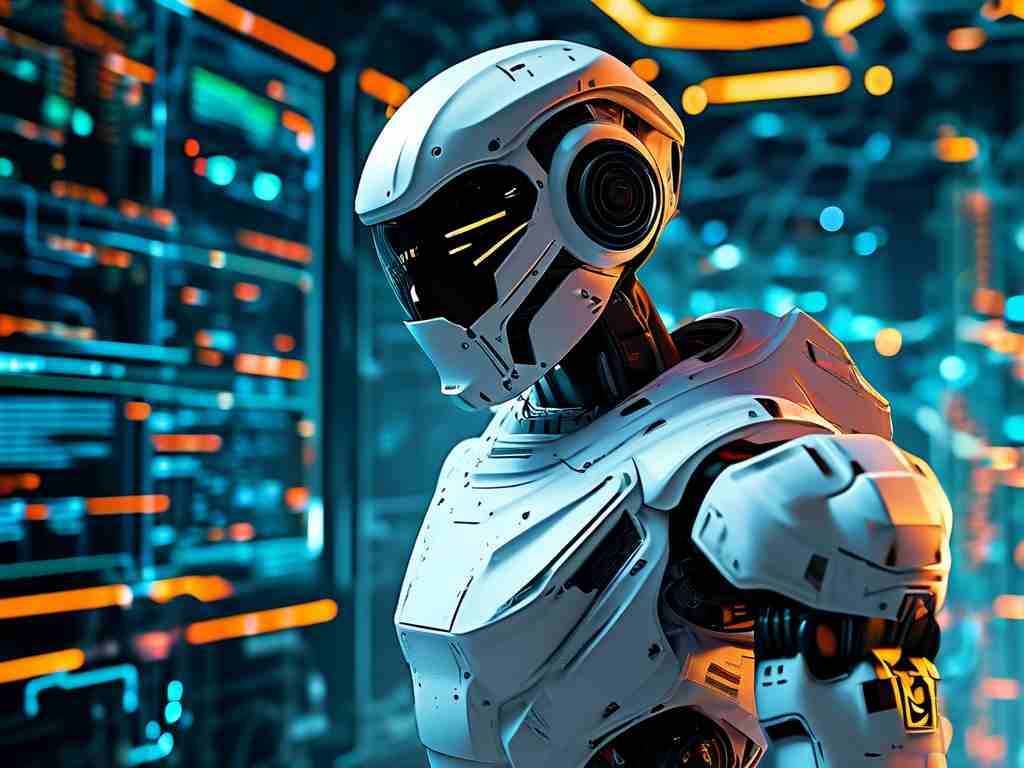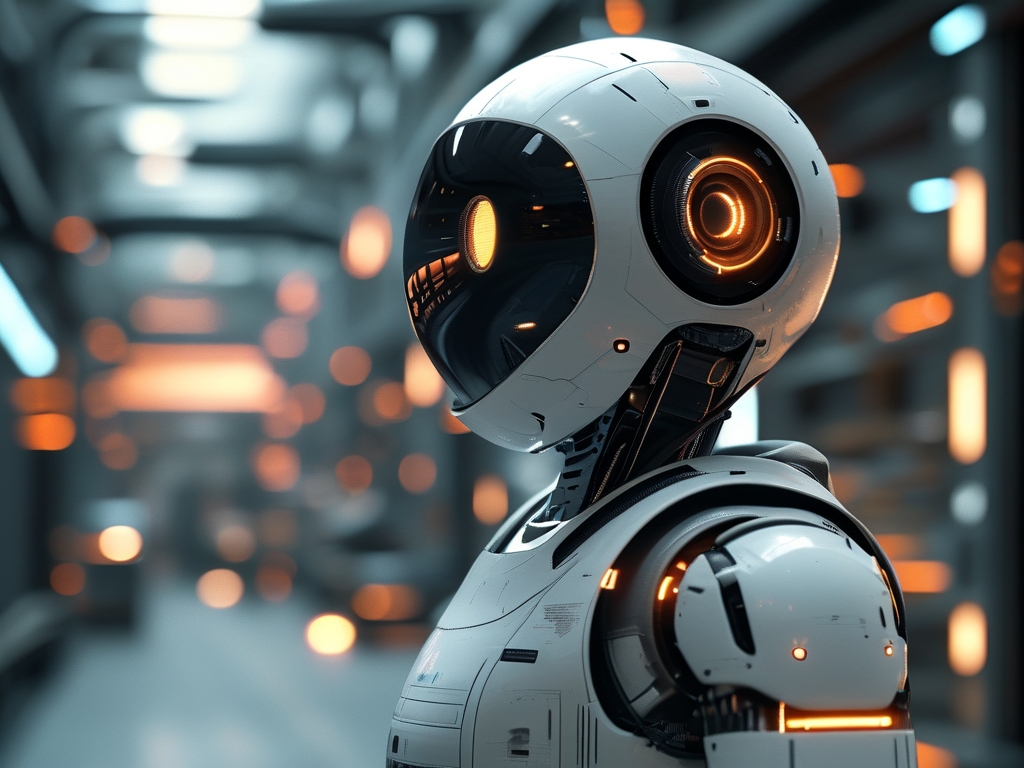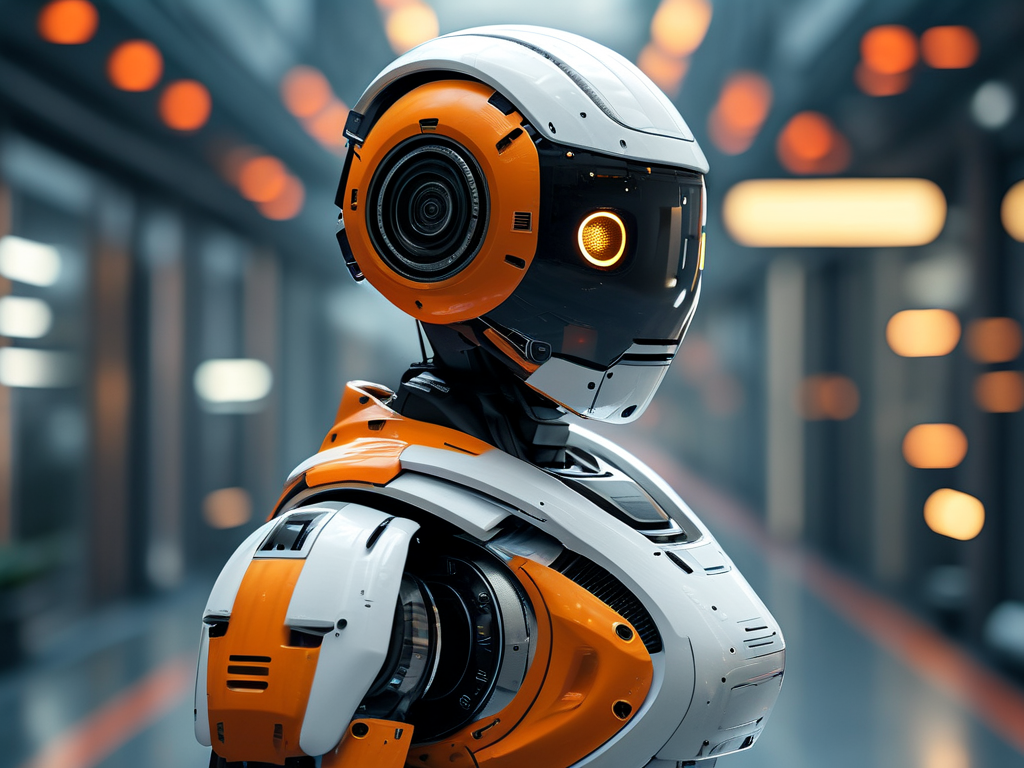The intersection of robotics and human society has sparked profound discussions about the ethical implications and intrinsic value of technological advancement. As machines evolve from basic automation tools to intelligent systems capable of decision-making, their role in reshaping industries, economies, and daily life demands careful scrutiny. This article explores how robotics challenges traditional ethical frameworks while simultaneously unlocking unprecedented opportunities for human progress.

At the core of robotics technology lies its ability to augment human capabilities. In manufacturing, collaborative robots (cobots) work alongside humans, enhancing productivity while reducing physical strain. Medical robotics, such as surgical assistants, demonstrate precision beyond human steadiness, improving patient outcomes. However, these advancements raise critical questions: When does machine efficiency overshadow human dignity? How do we balance economic gains with workforce displacement concerns? A 2023 study by the Global Robotics Ethics Consortium revealed that 62% of surveyed employees in automated industries fear job obsolescence despite acknowledging productivity improvements.
The ethical dimension of robotics extends beyond employment. Autonomous systems in defense, transportation, and healthcare operate in moral gray areas. Self-driving vehicles, for instance, face the "trolley problem" in algorithmic form—how should an AI prioritize lives during unavoidable accidents? Different cultural perspectives compound this challenge. While Western engineers often program utilitarian calculations (minimizing total harm), Eastern developers tend to prioritize passenger safety, reflecting divergent societal values. These variations underscore the need for globally inclusive ethical standards in robotics development.
Technological value in robotics manifests not just economically, but through social transformation. Assistive robots for elderly care address aging population challenges, particularly in countries like Japan where 30% of citizens are over 65. Educational robots personalize learning for neurodiverse students, demonstrating technology's capacity to bridge accessibility gaps. Yet, overreliance on machines risks eroding human skills and interpersonal connections. A counterintuitive trend emerges: as robots handle routine tasks, demand grows for "uniquely human" skills like creativity and emotional intelligence.
Environmental applications highlight robotics' dual role as problem-solver and sustainability driver. Ocean-cleaning drones combat plastic pollution, while agricultural robots optimize crop yields using 40% less water. However, the environmental cost of producing and powering these machines creates a paradox. Researchers at MIT recently proposed a "sustainability index" for robotics, evaluating systems based on energy efficiency, recyclability, and lifecycle environmental impact—a framework gaining traction across industries.
The economic valuation of robotics technology presents another layer of complexity. While the global robotics market is projected to reach $214 billion by 2030, traditional metrics fail to capture indirect benefits like improved workplace safety or enhanced quality of life. Alternative valuation models incorporating social ROI (Return on Investment) and ethical impact scores are being tested by forward-thinking enterprises. For example, a European automotive manufacturer now measures robotics implementation success not just by production numbers, but through worker satisfaction surveys and environmental benchmarks.
Looking ahead, the convergence of robotics with AI and quantum computing promises revolutionary breakthroughs. Neuromorphic chips mimicking human brain structures could enable robots to process sensory data with biological efficiency. However, this progress intensifies debates about machine consciousness and rights. Early-stage legislation, like the EU's proposed Artificial Intelligence Act, attempts to preemptively address these issues through risk-based regulations.
Ultimately, the value of robotics technology resides in its human-centered application. As Boston Dynamics CEO Robert Playter recently stated, "The measure of robotic success isn't how human-like machines become, but how they empower humans to achieve what was previously unimaginable." This philosophy must guide development as we navigate the delicate balance between technological ambition and ethical responsibility. By fostering interdisciplinary collaboration among engineers, ethicists, and policymakers, society can harness robotics not as a replacement for humanity, but as a catalyst for our collective evolution.




